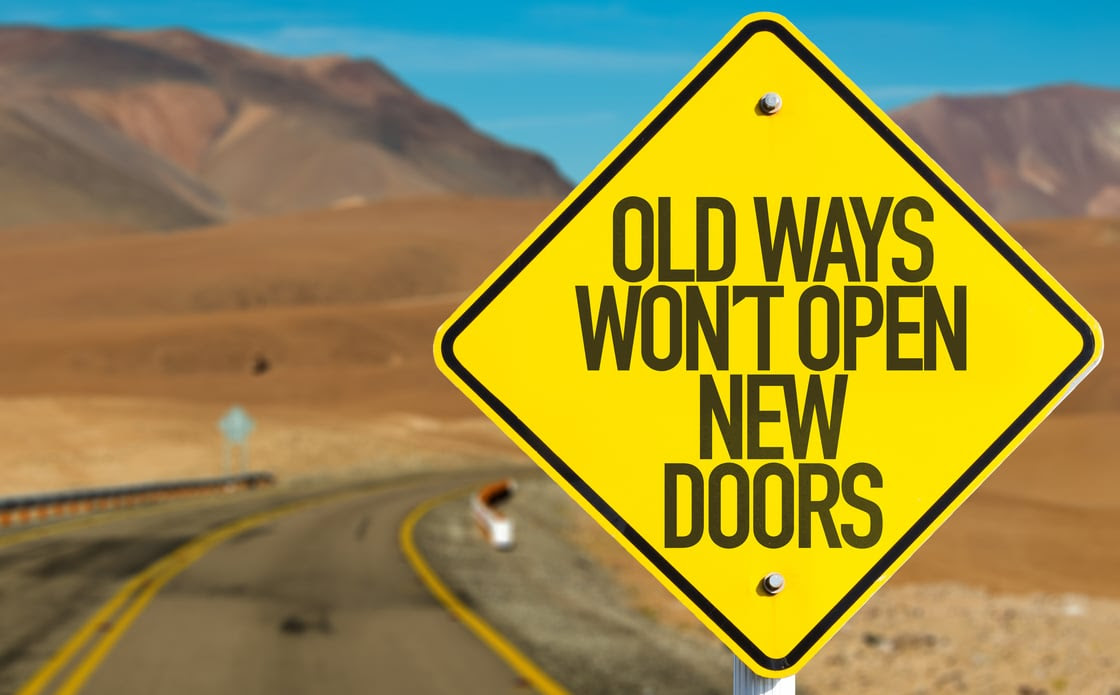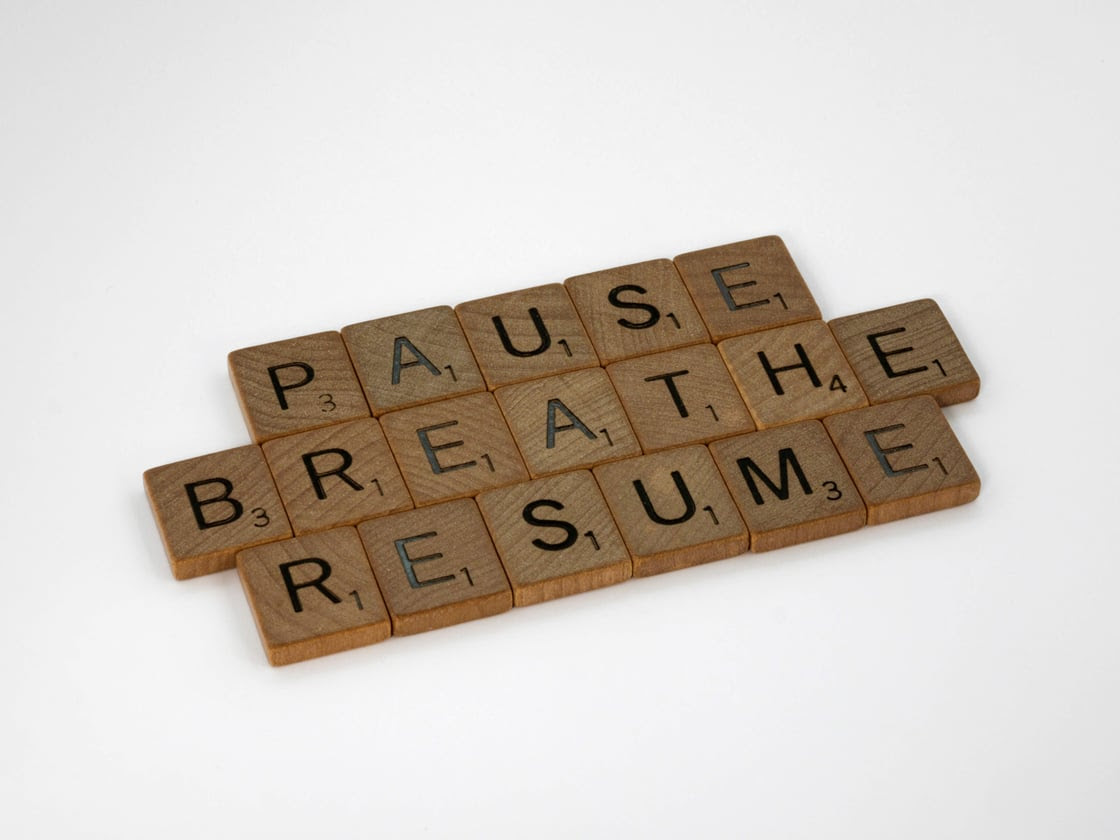Sometimes the most respectful thing you can do is disagree.
(Hear me out on this, it’s important.)
Many people mistake agreement for respect.
You should trust an expert or leader’s judgement, right?
But real respect isn’t about seeing eye to eye.
True respect takes the time to understand where someone is coming from.
Here’s what that looks like:
- Listening fully (not just waiting to respond.)
- Asking questions (not making assumptions.)
- Challenging ideas with curiosity (not shutting them down.)
Instead of automatic agreement, the strongest teams are built on open conversations where different perspectives are invited and valued.
McKinsey found that more diverse companies are 35% more likely to have higher than average financial results.
But those diverse ideas need to be heard, to be leveraged.
This is a tendency for Asian professionals, as we head into Asian American and Pacific Islander Heritage Month in May.
But it doesn’t only happen in Asian culture. We have a brain bias that gives more weight to higher-level leaders and more experienced professionals.
It’s called the Authority Bias.
“The growth of knowledge depends entirely upon disagreement.”
Instead, the strongest leaders overcome this brain bias and prioritize:
• Honest but respectful debate.
• Curiosity and questions over judgment.
• Discussions that focus on understanding, not just winning.
• People who listen, learn, and are open to adjusting their own perspective.
If you want a culture of respect, make room for different perspectives, especially the ones you don’t agree with.
The strongest way to disagree?
Stay curious because respect means wanting to know more.




